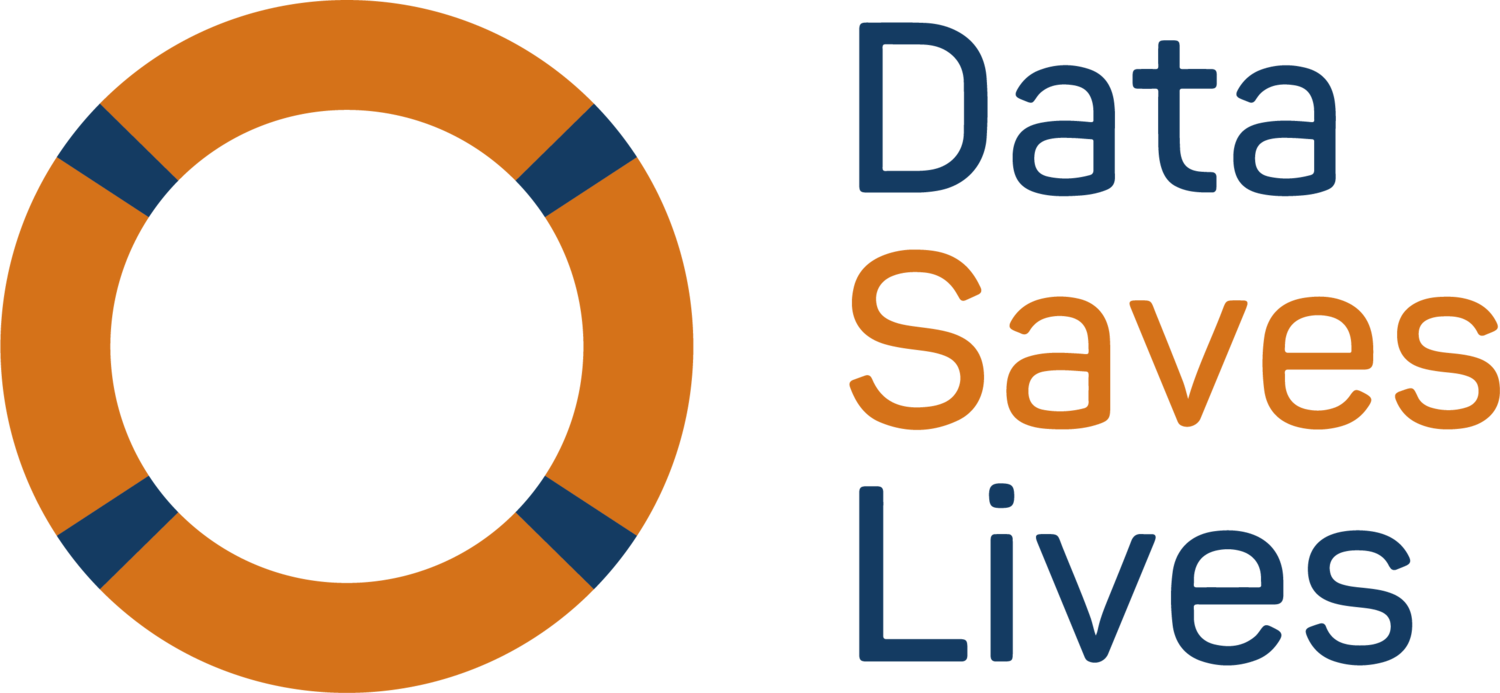Fast ein Jahr nach dem Launch and Learn von Data Saves Lives Deutschland hat das Team es wieder getan. Wir haben gelauncht und gelernt. Dieses Mal ging es um das DSL DE Logbuch 2023 – Navigieren in schwierigen Datengewässern. Im November hat Data Saves Lives Deutschland das Logbuch, die große Analyse mit einem fulminanten Stapellauf zu Wasser gelassen und bis heute erhalten wir extrem positives Feedback.
Ein guter Zeitpunkt, das Logbuch mit vier tollen Expertinnen und Experten zu diskutieren:
Dr. Nilofar Badra-Azar vom Bundesministerium für Gesundheit
Martin Praast, IT-Experte und Patientenvertreter
Katharina Schüller, Data Scientist & CEO @ STAT-UP
PD Dr. Benjamin Friedrich, CMO von Temedica und Mitglied im DSL DE Beirat und natürlich mit unserer Community.
Mit rund 20 Teilnehmerinnen und Teilnehmern aus den Bereichen: gesetzliche Krankenversicherung, Industrie, Behörden und Ministerien und Datenexperten, sowie einigen PatientenvertreterInnen haben wir Fragen rund ums Logbuch beantwortet und darüber diskutiert, wo es derzeit schwierig ist und wer wann welche Unterstützung braucht.
„Wir brauchen Daten, um Versorgung zu verbessern“, so Dr. Nilofar Badra-Azar in ihrem Statement und erhielt breite Zustimmung der Runde. Allerdings gibt es eine Frage zu klären, so Katharina Schüller: Warum brauchen wir Daten?
Eine Frage, die uns auch bei Data Saves Lives Deutschland umtreibt, denn wir hören sie immer noch sehr oft gerade von PatientInnen. Wir haben festgestellt, auch in unserer Analyse, dass es oft an Informationen fehlt. Kommunikation ist der Schlüssel, um Vertrauen wie Verständnis zu schaffen, das wurde auch in unserer Arbeit deutlich. Aber auch eine andere Gruppe, braucht mehr Wissen, so Katharina Schüller in ihrem Statement: Datennutzer brauchen die Kompetenz um Daten zu nutzen.
Sie stellte die Frage: Brauchen wir einen Datenführerschein?
Martin Praast formulierte es pragmatisch: Meine Mutter muss es verstehen, dann ist es richtig. Damit brachte der Patientenvertreter die Sicht vieler ein, die derzeit ein hohes Informationsdefizit aufweisen: Gerade ältere oder technisch nicht versierte Personen wie auch die, die sich kein Smartphone leisten können, müssen besonders gut informiert und begleitet werden. Seine Forderung: „Aufklärung und Risikenaufklärung müssen noch viel besser werden.“
Dass Daten großes Potenzial bieten, so Dr. Benjamin Friedrich, sei unbestritten. Allerdings ist es auch wichtig, zwischen primären und sekundären Gesundheitsdaten zu unterscheiden. Während primäre Gesundheitsdaten die sind, die direkt beim Arzt erhoben werden, sind sekundäre Daten also Daten z. B. aus der Forschung extrem wichtig, um Wissen zu erweitern.
„Sie nicht zu nutzen, ist gelinde gesagt, fahrlässig“, so der Arzt aus Sicht seiner langjährigen Klinikerfahrung.
Für Friedrich sind vier Punkte extrem wichtig:
1. Menschen mit chronischen Erkrankungen kommen in den „Driverseat“ in ihrem Erkrankungsmanagement, sie werden zu Experten ihrer Therapie.
2. Patienten sind Individuen und selbst Ärzte können nicht alles wissen, daher hilft ein Datenpool besser zu recherchieren und Empfehlungen abzugeben.
3. Versorgungsstrukturen können verschlankt werden weil Mehrfachtests vermieden werden können.
4. Verbesserung für die Forschung, so können auch individuelle Ausprägungen einer Erkrankungen einbezogen werden.
Was auch allen in der Runde wichtig war ist ein Regelwerk für die Datennutzung und dieses Regelwerk müsste eigentlich eine gesellschaftliche Entscheidung sein. Was uns auch zum Thema PatientInnen- und BürgerInnenvertretung in Entscheidergremien wie z.B. der Regierung bringt. Etwas, das auch in unseren Empfehlungen im Logbuch steht. Wir haben in unserer Analyse festgestellt, dass Einbeziehung in Entscheidung nicht nur Vertrauen schafft, sondern dafür sorgt, dass mancher Beschluss verstanden und damit auch vertreten wird.
Ein anderer Aspekt kam von Katharina Schüller. Wirtschaftlichkeit. Klar ist, digitale Analysen helfen weiter, sie bieten Chancen und reduzieren den Aufwand im Büro. In Zeiten in denen die Experten über Budgets diskutieren, sicherlich eine wichtige Maßnahme um wirtschaftlicher zu arbeiten. Eine Diskussion, die auch in Richtung Digitalisierung von Behörden etc. geht. Ein anderer Vorteil von digitalen Analysen ist klar: Wir können aufgrund von Analysen Lücken identifizieren und handeln. „Hintergrundinformationen helfen, zu sehen, wo etwas nicht funktioniert“, so die Expertin.
Michael Hägele, einer der Teilnehmer brachte es auch in Richtung gematik auf den Punkt. „Daten müssen in den Alltag integriert werden, es muss flutschen!“ so sein Appell.
Wir können dem nur zustimmen, es reicht nicht nur drüber zu reden, Daten müssen quasi zur Selbstverständlichkeit werden und im täglichen Umgang bewusst genutzt, verwaltet und für Entscheidungen verwendet werden können. Von allen und in verschiedenen Informationsformaten. Diese Session war eine andere Diskussion, fachlich, spannend und mit guten Beispielen, wie man Daten nutzen kann.
Vielen Dank an unsere spannende Diskussionsrunde und alle ExpertInnen und Experten, die uns wie immer unterstützt und unsere Session mit ihren Beiträgen extrem bereichert haben. Vielen Dank auch an unsere TeilnehmerInnen und Teilnehmer, die wie immer Fragen stellten und ihre Meinung sagten.
Die Aufzeichnung gibt es hier zum Nachschauen: https://www.youtube.com/watch?v=6n5lUd04STY
Es gibt viel zu tun und das ist der beste Grund für uns und Data Saves Lives Deutschland auch im nächsten Jahr aktiv zu werden. Daran arbeiten wir jetzt und freuen uns drauf!







